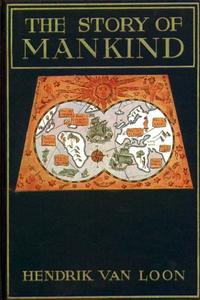I feel like this book has given me the hardest time so far (its not like I'm that far into the books though). It's not without merit. Every review I find on the book is at one extreme or the other...pretty much you either love it or hate it.
It is an high seas adventure book (once you get through the first third of it). One turn off: it uses the "n" word when referring to slaves/savages A LOT.
In 1922 The Great Quest was the runner up for the Newbery. It received the second highest number of votes (22) behind The Story of Mankind (with 163 of the 212 votes). This seems kind of funny to me. They gave any book that got more than one vote an Honor award. Meigs' book only received 2 votes...I'm pretty sure that is not how the selection works today!





